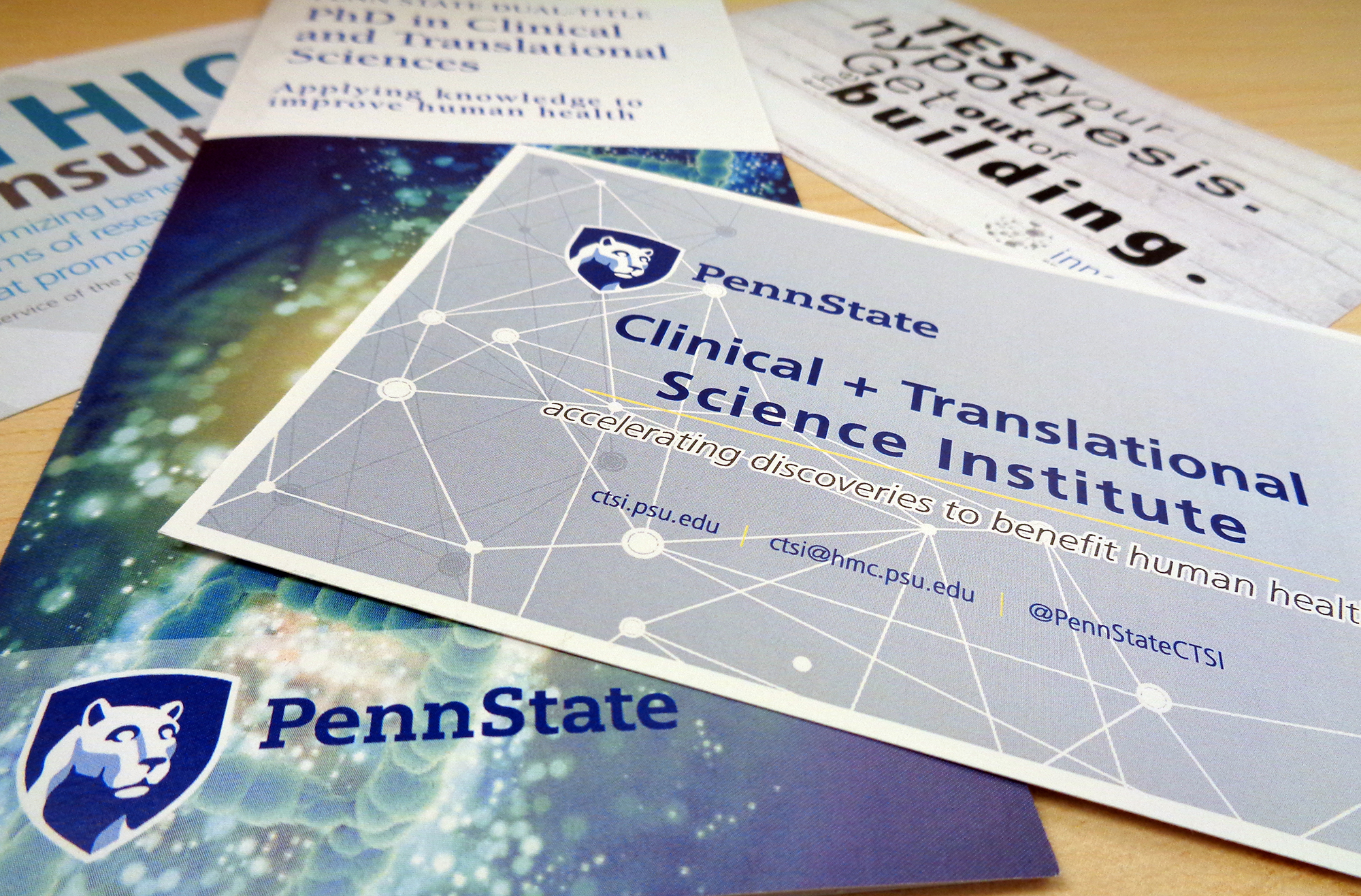
A project to better understand the issues facing rural communities and address a decline in American life expectancy is benefiting from a partnership between Penn State Clinical and Translational Science Institute and Highmark Health Enterprise Analytics Data Science Research. The Data Science Research group is supporting the project through its expertise in machine learning and artificial intelligence to improve healthcare understanding and outcomes.
Many rural Pennsylvania communities are seeing unique challenges related to the health of residents. Deaths related to heart and liver diseases, diabetes, accidental opioid overdose and suicide are rising in American small towns. Research suggests that disease development is related to social and economic conditions. For example, Pennsylvania has seen the peak and decline of several industries, including coal and steel.
Recognizing these unique problems, Penn State Clinical and Translational Science Institute is leveraging the University’s resources to better partner with the communities around its campuses. The institute was awarded a $416,000 grant from the National Center for Advancing Translational Sciences for a pilot program.
In the first phase of the project, the institute is determining what information is available to best identify health problems affecting communities in Pennsylvania. The Data Science Research group is collaborating with the institute to incorporate census data provided by the Patient-Centered Outcomes Research Institute; information on reported depression, suicide, substance use, bullying and trauma in the student population collected by the Penn State Evidence-based Prevention and Intervention Support Center; and results from the Penn State Health Community Health Needs Assessment. Through this collaborative effort, researchers will be able to validate the factors thought to contribute to the health issues in rural communities.
“We want to learn more about how diseases like depression and substance abuse develop because of these social and economic conditions and how they affect the communities that surround us,” Dr. Lawrence Sinoway, principal investigator and director of the institute, said. “We want to understand what diseases are part of this constellation and whether we can predict who will develop them and, most importantly, if we can treat and prevent them. Penn State is positioned to work with our neighboring communities and health systems to have a positive effect on these challenges.”
Penn State Health and Highmark Health formed a strategic partnership in 2017 to focus on improving access, quality and affordability of health care close to home for people across southcentral Pennsylvania, while creating new opportunities for medical education and research. As part of this partnership, researchers from Highmark will provide expanded insights into the healthcare challenges facing communities.
“We have seen great value in collaborating with Penn State to understand and address the challenges facing rural communities,” Curren Katz, director of data science research at Highmark Health, said. “Both Highmark and Penn State have a deep interest in improving health care for members and patients. Our partnership has enhanced understanding and will help improve health in the communities we serve.”
The Clinical and Translational Science Institute’s mission is to promote collaborations between scientists and doctors and provide the necessary tools and resources to help research reach the people who need it more quickly. It is funded through the National Institutes of Health’s Clinical and Translational Science Award. Penn State is unique compared to its peer institutions because of its predominantly rural locations. The University also is a member of the Appalachian Translational Research Network, which is a partnership of universities committed to addressing the health challenges in Appalachia.
The institute will share what it learns with other members of the Clinical and Translational Science Award network and within the Appalachian Translational Research Network so that similar communities around the country can build on its successes.
For more information on this project, see this story.